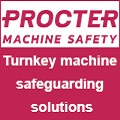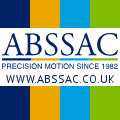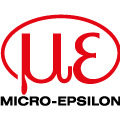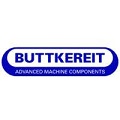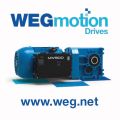
Posted to News on 6th Jun 2017, 14:02
The top five challenges of relubricating bearings
Chris Johnson, managing director of SMB Bearings, explains the top five challenges of relubricating bearings.
1. Out with the old
Bearings are often bought in bulk with standard lubrication, and this lubrication can have its limitations, especially for applications that involve harsh conditions. This initial lubrication can be replaced for something more suitable during a relubrication process. During this process, the standard lubricant needs to be completely removed ready for the arrival of the replacement. Compared with oil, grease is more difficult to completely remove as some thickeners can remain after the base oil has been removed. A combination of cleaning solutions should be used to tackle this, along with ultrasonics, to gently break down the grease.
2. In with the new
Deciding on the best lubricant for your application is quite a skill. It is important to understand exactly what is required of the bearing, as requirements for speed, load, temperature, noise levels, water resistance or food approval are just some of the factors that need to be considered. Luckily, SMB Bearings has a wide stock of lubricant types for any application and the industry knowledge to advise on lubricant selection. The specialist greases we prescribe can handle the harshest of applications, lowering the chance of premature bearing failure.
3. Quantity control
Relubrication needs to be done in a clean environment to prevent contaminants getting into the bearing. For all bearings, the new grease must be applied so that it is uniformly distributed, with the quantity of grease carefully controlled. The recommended amount of lubrication depends on the type of bearing as well as the application. For example, if bearings are used at high speed, it is important not to overfill the bearing or overheating could be a problem. Lower grease levels are more suitable for applications that require bearings with low rotational resistance. It is also important to note that some high-temperature greases are very stiff at lower temperatures so the quantity can be reduced to avoid excessive torque.
4. Labelling
Another consideration is adequate labelling at all stages of the relubrication procedure. This is vital. Processing many bearings every day means there is a risk of mixing up different batches. If that were to happen with the same size bearings containing different lubricants, the best case scenario is that we have to clean the bearings and start again from scratch. The worst case is that a customer experiences rapid bearing failure after being supplied with incorrectly lubricated bearings.
5. Packaging
After relubrication, the final step is to make sure the bearings are correctly packaged to avoid corrosion and contamination during shipping. It is important to use protective oil on the external surfaces of chrome steel bearings to prevent corrosion. Without this, they can corrode in the packaging as a result of condensation, or after handling without protective gloves.
So, when filling up your bearings it's important to make good decisions to choose the right lubricant for the exact application. SMB Bearings is here to help prevent costly downtime and bearing failure. With bespoke relubrication equipment and many years of experience, you're bearings are in good hands - don't settle for standard lubricant. Go to www.smbbearings.com for further information.
Unit 15 Ventura Business Park
Broadshires Way
OX18 1AD
UNITED KINGDOM
+44 (0)1993 842555




